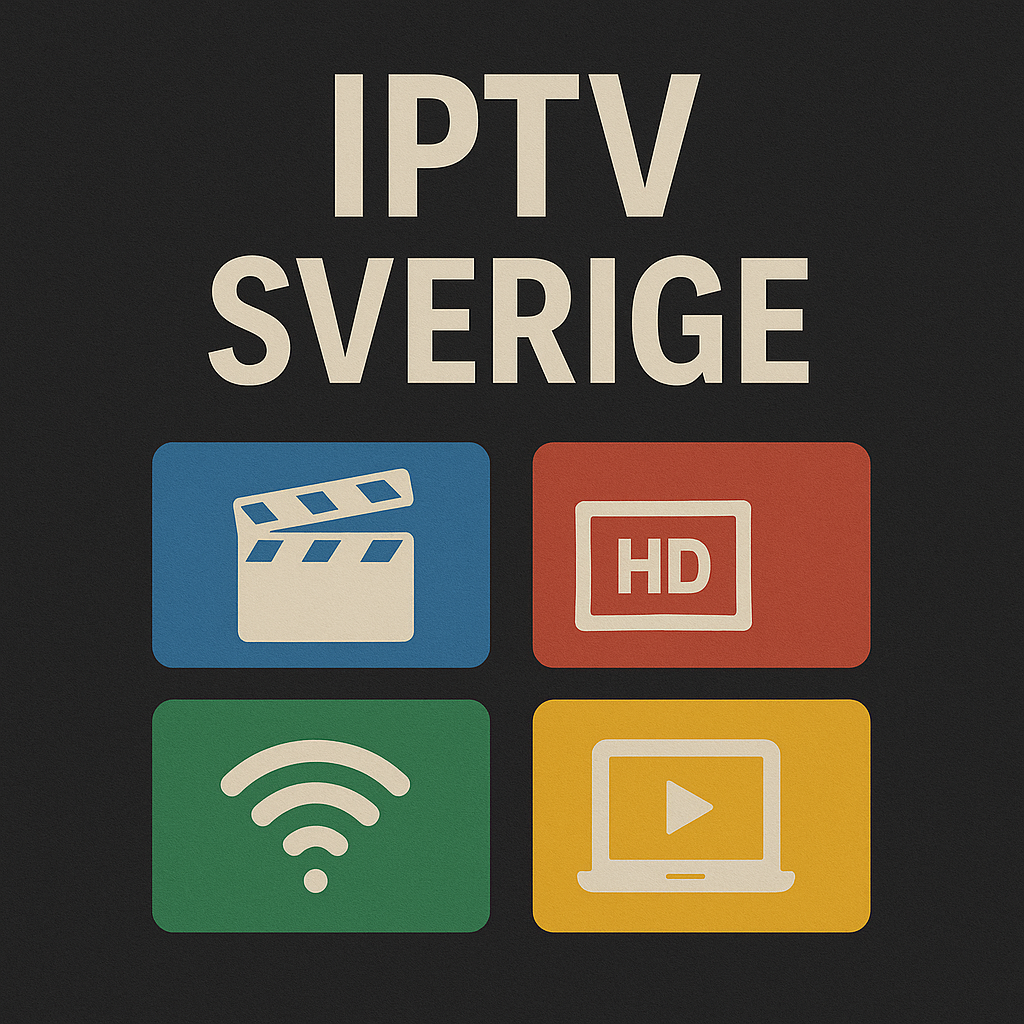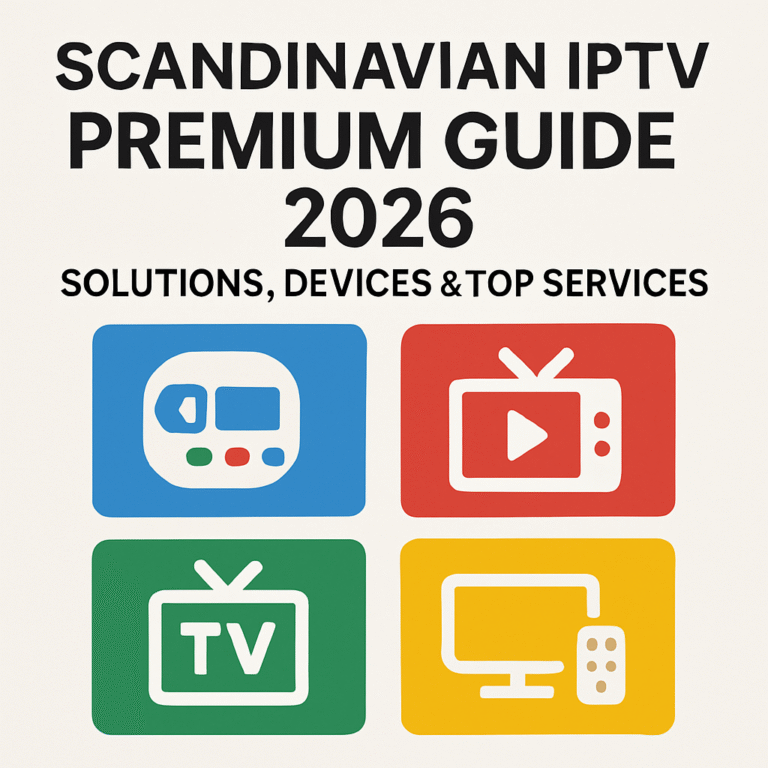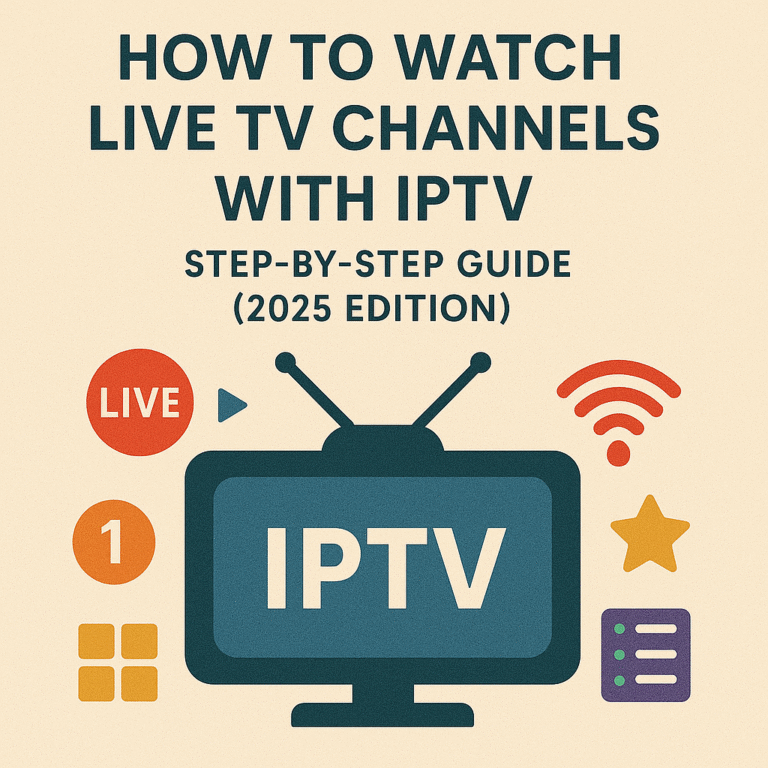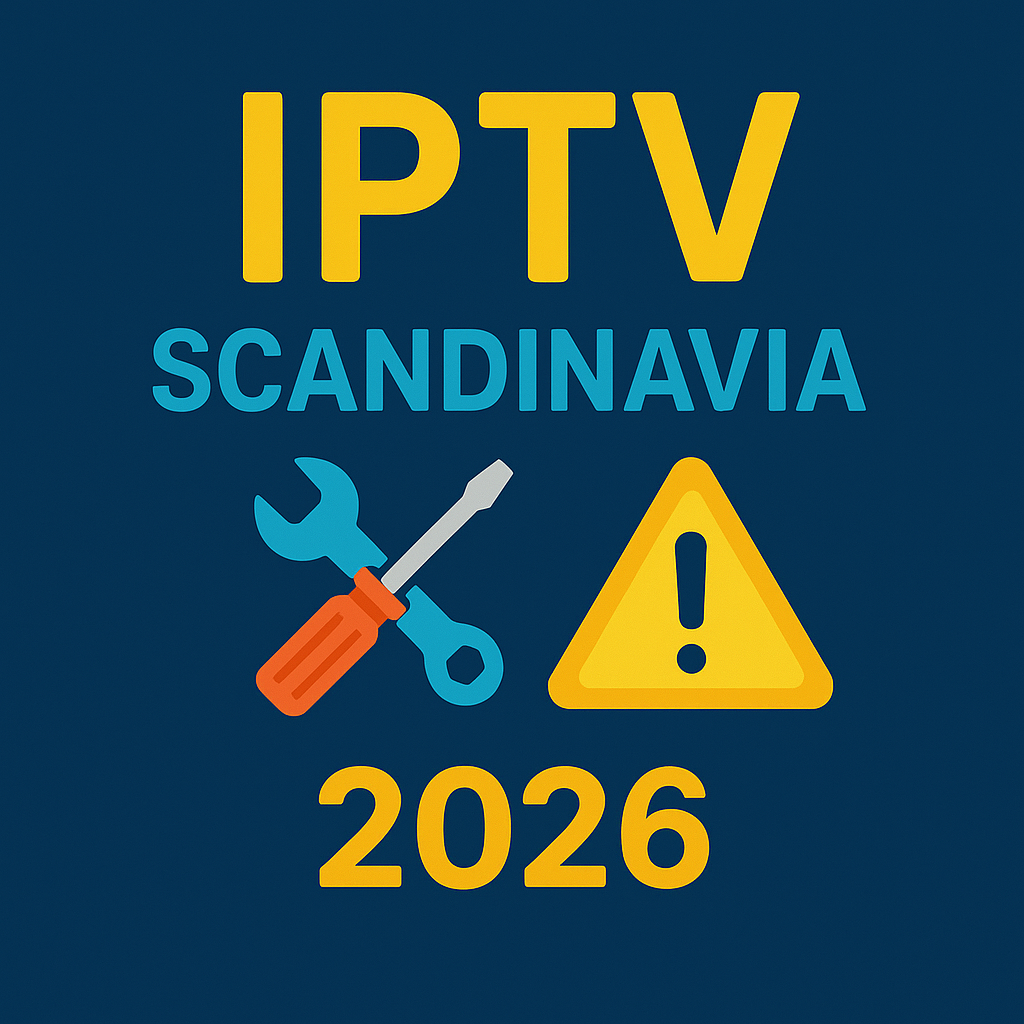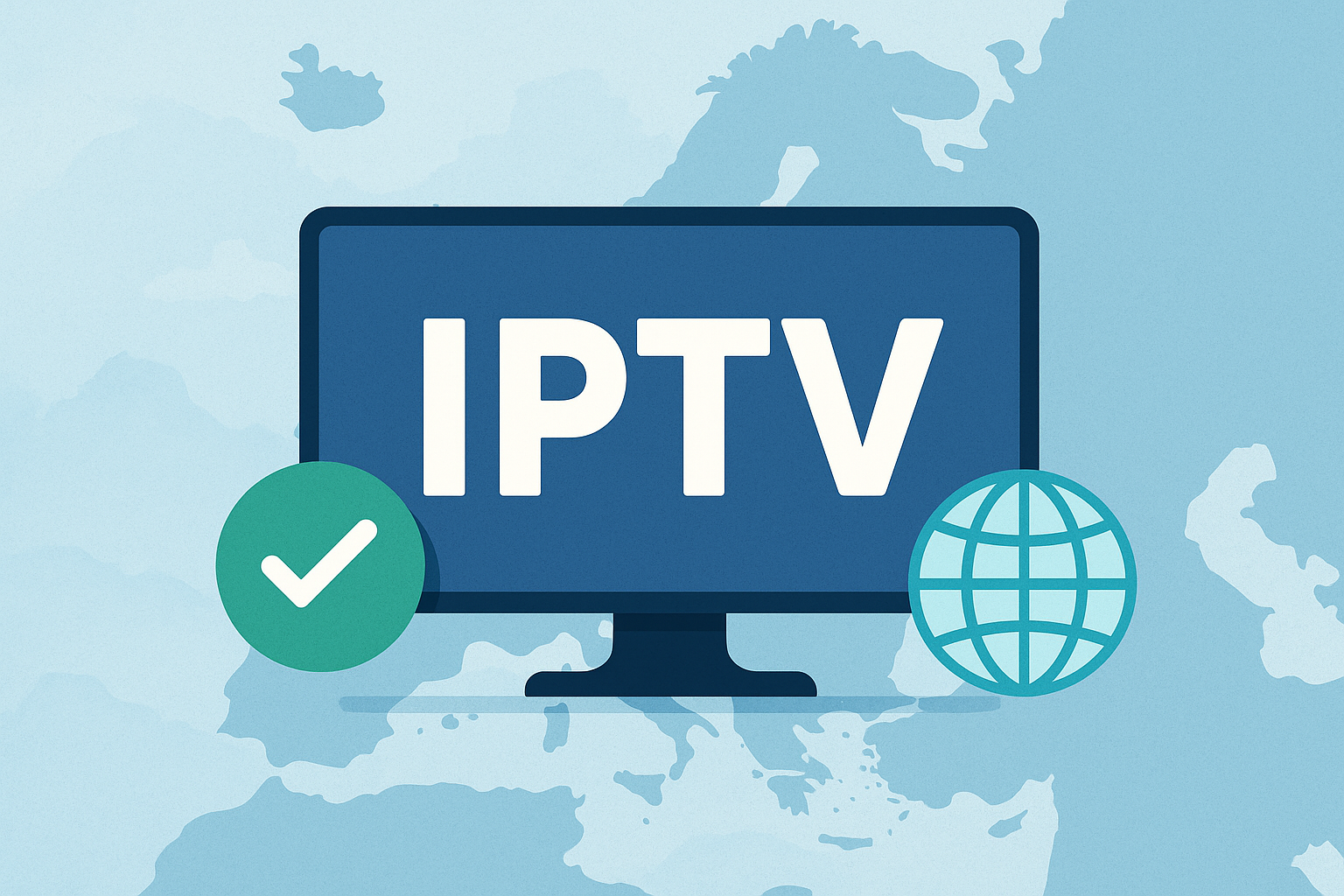
Updated: August 30, 2025
Reliable IPTV Sources for Expat Channels in Europe
Moving countries shouldn’t mean losing touch with home. This practical guide helps expats in Europe find reliable, legal IPTV sources for their language, news, sports, and entertainment—plus simple steps to set everything up across TVs, sticks, and phones.
Why Expats Need Reliable IPTV
- TV is a bridge to language, culture, and daily news from home; a stable IPTV setup keeps that connection alive.
- Mixing apps (broadcasters + live-TV aggregators + niche services) gives you breadth without juggling remotes.
- Trials and monthly plans reduce risk while you test at your real viewing time.
What “Reliable” Actually Means
- Licensed & legal in your country of residence.
- Available across devices: Smart TV, stick, phone, browser.
- Stable at prime time with clear stream limits.
- Transparent pricing, trials, and monthly options.
Requirements
- Bandwidth: ~10–15 Mbps per HD stream; 25–50 Mbps per UHD stream. Stability > peak speed.
- Devices: Smart TV, Android/Google TV, Fire TV, Apple TV, or browser.
- Apps: official broadcaster + aggregator + optional media server.
- Optional Ethernet for the living-room TV (huge stability boost).
Best Source Types & Examples
1) Broadcaster & Public Service Apps
- Pros: legal, stable, often free or low-cost.
- Cons: geo-restricted; some content requires a TV license/account.
2) Multi-Channel Aggregators (Live TV Apps)
- Pros: one app for many channels; cloud DVR; family profiles.
- Cons: line-ups vary by country; UHD usually on premium tiers.
3) Operator TV (ISP Bundles)
- Pros: dependable, strong local line-ups, optional UHD boxes.
- Cons: contracts/hardware rental; less flexible than monthly apps.
4) International Niche Services
- Pros: language-first channels and curated packs.
- Cons: availability differs; watch stream limits and region policies.
Side-by-Side Comparison
| Source Type | Country Coverage | Free Plan/Trial | Streams | Max Resolution | Notes |
|---|---|---|---|---|---|
| Broadcaster Apps | Local country; some EU portability | Often yes | 1–2 | HD; occasional 4K events | Best for news & public service content |
| Aggregators (Live TV) | Multi-country editions | Trials common | 2–4 | HD baseline; UHD on premium plans | Unified UI and DVR options |
| Operator TV | Your ISP’s footprint | Promos vary | Plan-dependent | HD / UHD on select boxes | Bundles with broadband; contracts |
| International Niche | Varies by license | Sometimes | 1–3 | HD; some UHD events | Great for language-specific line-ups |
Line-ups, trials, stream counts, and resolutions can change—always confirm details on the provider’s official page before subscribing.
Step-by-Step Setup
- List must-have channels (news, sports, kids, culture) from home and host countries.
- Pick a primary device: Smart TV app, stick, or Android/Google TV box.
- Start with official broadcaster apps for the host country.
- Add a live-TV aggregator; test EPG, zapping speed, and DVR.
- Layer language-specific packs that are licensed in your region.
- Remove any provider that buffers at prime-time or lacks key channels.
Network & Performance Tips
- Ethernet first for the main TV—night-and-day difference during live sports.
- Prefer 5 GHz Wi-Fi; optimize router channel/placement.
- Budget 10–15 Mbps per HD stream and 25–50 Mbps per UHD stream.
- Keep firmware/apps updated; reboot box & router before big matches.
Legality, Portability & Safety
- Use licensed, official providers only.
- Avoid gray-market “restream” sellers; high risk of shutdown/malware.
- Check portability terms for travel within Europe—rules vary by app.
- Install from official stores only; use strong passwords.
Pros & Cons for Expats
Pros
- Legal, dependable access to home-language channels.
- Unified experience across TV, stick, and phone.
- Trials/monthly plans reduce risk while you test.
Cons
- Geo-restrictions; line-ups vary per country.
- UHD and multi-stream limits may cost extra.
- Operator bundles can require contracts/hardware rental.
FAQ
Do I need a super-fast connection? No—stability beats raw speed. For HD, 10–15 Mbps per stream is fine; for UHD, aim for 25–50 Mbps.
Can I mix multiple sources? Yes. Combine broadcaster apps with a live-TV aggregator and add niche services for language content.
What about VPNs? Always follow provider terms. Some services disallow access when location can’t be verified.
Synonyms & Search Intent
- IPTV for expats in Europe
- Watch home TV abroad legally
- EU live TV apps for foreigners
- Legal expat channels online
- International TV streaming Europe
Final Verdict
For expats across Europe, the most dependable path is simple: start with your host country’s broadcaster apps, then add a reputable multi-channel live TV app, and layer language-specific services only when they’re officially licensed in your region. Test at prime time, wire your main TV if you can, and keep things legal. That combination delivers the best balance of price, performance, and peace of mind.

